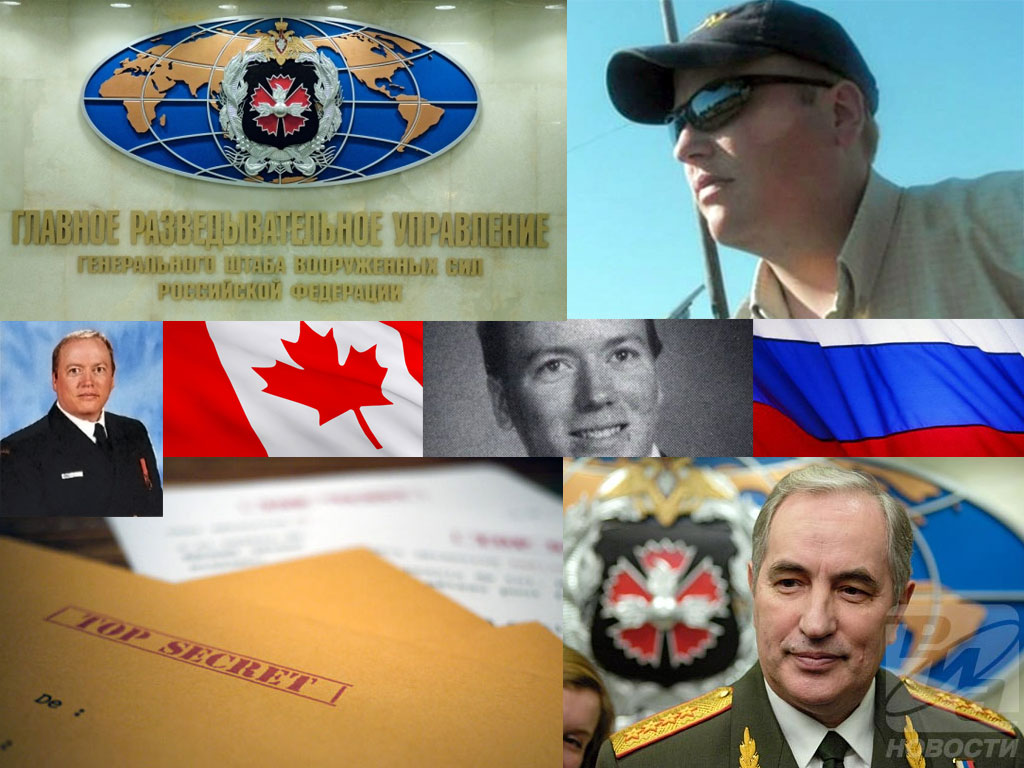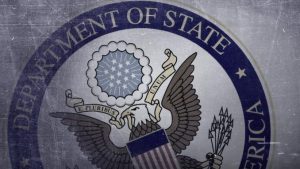
(Toronto Star) The discovery of a Russian spy in the ranks of Canada’s military sparked a cyber search to discover whether he had sabotaged government computers with a virus, the Star has learned.
And in the wake of the serious spy incident that cost Canada credibility with its allies, top officers concluded the Defence Department’s security program needed an overhaul.
The arrest of sub-lieutenant Jeffrey Delisle on espionage charges in January 2012 set off a scramble within the military to learn how much sensitive intelligence had been spilled and to plug other potential security leaks, according to documents obtained under Access to Information.
At the time of his arrest, Delisle was at HMCS Trinity, the Halifax base that serves as communications and intelligence hub for the navy’s East Coast operations. In that post, he had access to intelligence about Canadian Forces operations as well as data concerning “allies and countries of interest to Canada,” according to the documents.
During his prosecution, Delisle told the court he gave away “a lot” to his Russian handlers, a comment confirmed by one memo titled, “possible compromise of allied documents.”
It says that classified documents “proprietary” to an unnamed agency or nation were accessed by Delisle and “therefore suspected of having been compromised.”
Delisle was picked up by the RCMP in early 2012 after authorities were tipped that the junior naval officer was spying for the Russians. Within two weeks of his arrest, a top general established a high-level committee that touched on many branches of the military to deal with the fallout.
But as officers struggled to understand what may have leaked, they dealt with another worry too — that Delisle and his Russian handlers may have sabotaged Defence Department computers. . . . (read more)












